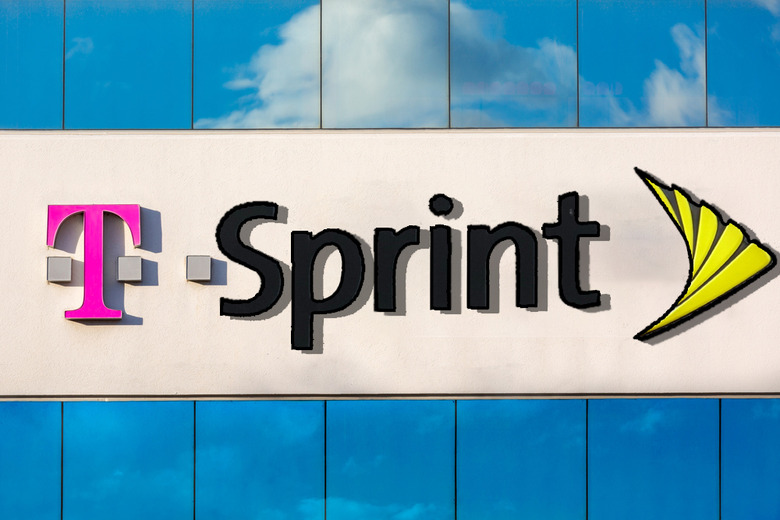The Nightmare Sprint-T-Mobile Merger Could Be Back On
Less than six months after Sprint and T-Mobile ended talks about merging the two wireless networks, the Wall Street Journal reports that the deal could be back on. The paper quotes "people familiar with the matter" as saying that Sprint and T-Mobile have "rekindled merger talks," the third time in four years that the two companies have discussed merging.
Shares of Sprint and T-Mobile were up over 6 percent following the news, as Wall Street analysts have long been a fan of a merger between the two companies. The last round of talks reportedly fell apart owing to differences over who would control the merged entity.
Sprint is owned by SoftBank, a Japanese telecom conglomerate, while T-Mobile is owned by German's Deutsche Telekom. Neither company wanted to give up overall control of the merged company, which is what led to the talks falling apart. The WSJ said that this round of negotiations is still in the preliminary phase, so it's not clear if either party's position has changed yet.
The big question remaining is whether or not regulators will allow a merger to take place. Analysts have argued the case both ways: the industry is functionally competitive right now (for the first time in a decade!), so a merger should be feasible. On the other hand, a merger would remove the cheapest wireless network in America, Sprint, from the picture, and remove downwards price pressure from the marketplace. Right now, T-Mobile and Sprint are forced to compete for the bottom of the market, and T-Mobile, which has far fewer customers than Verizon or AT&T, is forced to use things like unlimited data plans to bribe subscribers away from the big two.
With Sprint and T-Mobile merging, all that would likely to go away. We can see what happens when you have three equally sized wireless players by looking at Canada. Competition is low, unlimited plans are nonexistent, and a reasonable plan costs over $100 a month.
Normally, such a mammoth merger would be subject to close scrutiny from the FCC, but the new-look FCC under Trump appointee (and former Verizon lawyer) Ajit Pai has shown no signs of wanting to be tough on big business. It's moved to strike down net neutrality rules, showed no interest in limiting the massive AT&T-Time Warner merger, and is generally viewed as being unlikely to stop a Sprint-T-Mobile merger.
The most we can hope for from the FCC is an order to give up some of Sprint's high-band spectrum holdings. John Gilmer, VP of Data Integrity at network intelligence firm Mosaik, previously told BGR he'd be "very surprised" if Sprint doesn't have to sell some of its high-band spectrum as a regulatory condition of any merger.
With the FCC bowing out of competition regulation, it would fall to the Department of Justice to block any merger. Things there look a little more dicey for a merger: the DoJ is currently suing to block the AT&T-Time Warner acquisition, which wouldn't bode well for any other giant telecoms mergers. However, wireless carriers are more nationally competitive than the cable industry, and neither Sprint nor T-Mobile has significant interests outside the wireless industry, unlike Time Warner.
